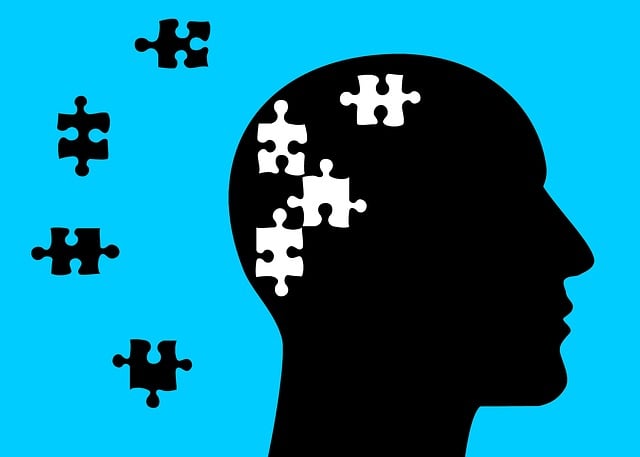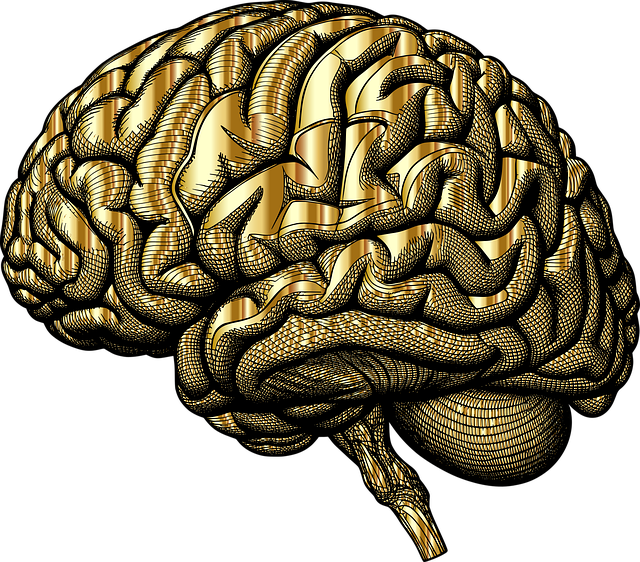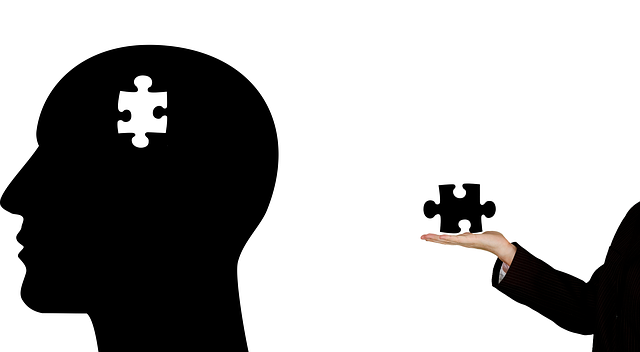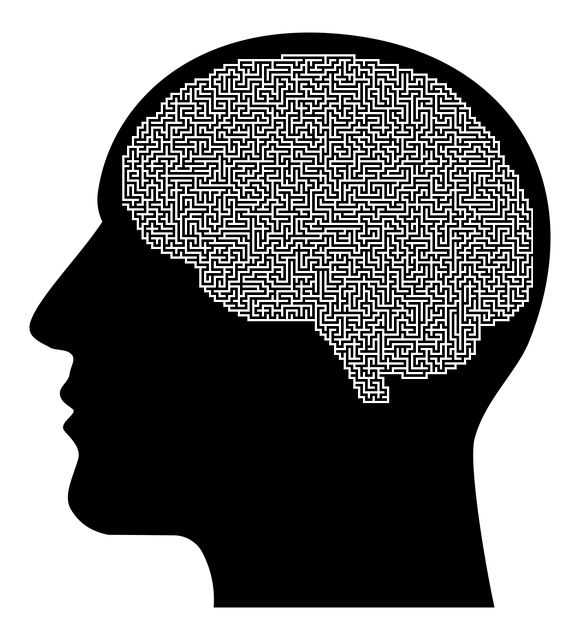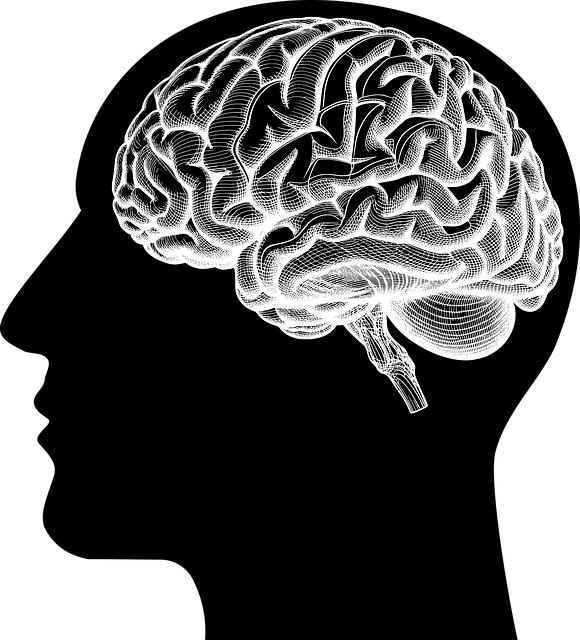Depression among Russian-speaking adults presents unique challenges due to language barriers and cultural sensitivities. Early recognition through emotional intelligence techniques like mind over matter is crucial for prevention. Culturally sensitive therapy, accessible in Russian, addresses these barriers effectively. Combining traditional practices with evidence-based treatments, such as cognitive-behavioral therapy (CBT) and lifestyle changes, significantly improves mood management. Building robust support networks tailored to Russian-speaking communities, coupled with public awareness campaigns, reduces depression's impact. Therapy for adults speaking Russian, integrated with community initiatives, fosters a supportive environment encouraging proactive mental health maintenance.
Depression is a serious mental health challenge affecting millions, but prevention is key. This guide explores evidence-based strategies tailored for Russian-speaking adults to combat depression. From recognizing subtle signs and seeking culturally sensitive therapy options like cognitive-behavioral therapy (CBT) in their language, to adopting healthy lifestyle habits and building supportive communities, these steps empower individuals to take charge of their mental well-being. Additionally, effective coping mechanisms for stress management and fostering emotional resilience are highlighted.
- Understanding Depression: Recognizing the Signs and Symptoms
- Therapy for Adults Speaking Russian: Accessing Culturally Sensitive Support
- Lifestyle Changes: Adopting Healthy Habits to Boost Mood
- Building a Strong Support Network: The Power of Connection
- Effective Coping Mechanisms: Managing Stress and Emotional Well-being
Understanding Depression: Recognizing the Signs and Symptoms

Depression is a complex mental health condition that significantly impacts an individual’s emotional well-being and daily functioning. Recognizing the signs and symptoms is the first step towards prevention and effective management. Often characterized by persistent feelings of sadness, hopelessness, or loss of interest in activities once enjoyed, depression can manifest differently in each person. Some may experience fatigue and changes in appetite, while others might exhibit irritability or difficulty concentrating.
The Russian-speaking community, like any other, faces unique challenges when it comes to mental health. Accessing appropriate therapy for adults speaking Russian is essential for accurate diagnosis and tailored treatment plans. Emotional intelligence, a key aspect of personal growth, plays a crucial role in recognizing these signs early on. By promoting emotional well-being through various techniques, such as mind over matter principles, individuals can build resilience and cope with life’s challenges more effectively, thus preventing the onset or exacerbation of depression.
Therapy for Adults Speaking Russian: Accessing Culturally Sensitive Support

For Russian-speaking adults struggling with depression, accessing culturally sensitive therapy is vital. Language acts as a gateway to understanding and healing, making specialized services that cater to this specific population invaluable. In many communities, there’s a growing need for therapists who can provide support in Russian, addressing not only the mental health concerns but also the unique cultural nuances and potential language barriers. This approach ensures that individuals can openly discuss their feelings, fears, and experiences without hesitation, fostering a safe and effective therapeutic environment.
Culturally sensitive therapy for Russian-speaking adults with depression involves incorporating traditional healing practices and values while providing evidence-based treatments. Therapists who are proficient in the Russian language can offer support tailored to their clients’ backgrounds, promoting better engagement and outcomes. By reducing the stigma associated with mental illness and encouraging self-care routine development for better mental health, these therapeutic services contribute significantly to mood management and overall well-being.
Lifestyle Changes: Adopting Healthy Habits to Boost Mood

Adopting a healthy lifestyle can significantly impact depression prevention. Regular physical activity releases endorphins, which act as natural mood lifters. A balanced diet rich in essential nutrients supports brain health and overall well-being. Adequate sleep is crucial for emotional regulation; establishing a consistent sleep routine can help manage stress levels. Additionally, reducing alcohol consumption and avoiding recreational drugs are essential, as these substances can worsen depression symptoms.
Russian-speaking adults seeking support can explore various therapy options, such as cognitive-behavioral therapy (CBT), which has proven effective in treating depression. Combining lifestyle changes with professional therapy, like that offered by Mental Health Policy Analysis and Advocacy organizations, can foster resilience building and enhance coping mechanisms. Social Skills Training programs also play a role in promoting connections and providing support networks, contributing to improved mental health outcomes.
Building a Strong Support Network: The Power of Connection

Building a strong support network is a powerful tool in the prevention and management of depression. Human connection and meaningful relationships play a crucial role in maintaining mental wellness. For Russian-speaking adults, access to therapy and support groups tailored to their cultural needs can be life-changing. These specialized services provide a safe space to express feelings and fears without language barriers, fostering an environment of understanding and empathy.
Public awareness campaigns, along with the development of Mental Wellness Coaching Programs and Podcast Series, can further enhance this support system. Such initiatives educate communities about recognizing signs of depression and encourage open conversations. By combining professional therapy for adults with these community-driven efforts, we can create a more supportive and informed society, ultimately reducing the impact of depression and improving overall mental wellness.
Effective Coping Mechanisms: Managing Stress and Emotional Well-being

Managing stress and emotional well-being is a vital component of depression prevention strategies. Effective coping mechanisms involve techniques that help individuals navigate life’s challenges with resilience. This can include practices such as mindfulness meditation, regular physical exercise, and maintaining a balanced diet—all backed by scientific research showing their positive impact on mental health. Additionally, seeking therapy for adults Russian speaking has proven to be an invaluable resource, providing individuals with tools to process emotions, develop healthy coping strategies, and enhance overall emotional well-being.
Public awareness campaigns play a significant role in the development of depression prevention initiatives. By raising awareness about mental health issues and promoting early intervention, these campaigns help reduce stigma and encourage people to seek support when needed. Trauma support services are another crucial element, offering specialized care for those who have experienced traumatic events, which can be a significant risk factor for depression. Integrating various coping strategies and leveraging available resources, such as therapy and awareness campaigns, empowers individuals to take proactive steps toward maintaining mental health and preventing depressive episodes.
Depression prevention is a multifaceted approach that combines understanding, support, and healthy lifestyle choices. By recognizing signs early, seeking culturally sensitive therapy for adults speaking Russian, adopting beneficial lifestyle changes, building strong connections, and employing effective coping mechanisms, individuals can significantly reduce the risk of depression. These strategies empower people to take control of their emotional well-being and foster a more resilient and balanced life.



